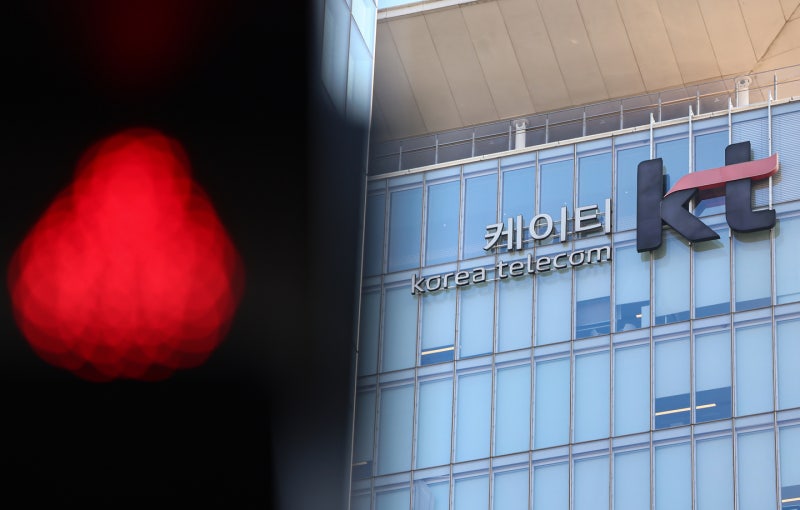
In the wake of the so-called “unauthorized micro-payment” hacking incident, telecommunications company KT will offer free SIM card replacements to all its subscribers, while CEO Kim Young-shub “will take responsibility” and not seek another term as CEO.
At a board meeting held Tuesday, KT approved a plan to replace SIM cards for all of its 16 million customers, including those using mobile virtual network operators (MVNOs). Starting at 9 a.m. on Wednesday, subscribers can reserve a replacement through the KT website or a dedicated SIM replacement center, then visit any KT store to receive a new SIM card. Customers unable to visit stores will be able to use a self-activation delivery service beginning Nov. 11.
The company said it would prioritize replacements in regions where most unauthorized micro-payment damage occurred — Gwangmyeong and Geumcheon — before expanding to the Seoul metropolitan area and nationwide. MVNO customers using KT’s network will also be eligible for free replacements. Details will be provided by each provider later.
The move follows a hacking incident in August that exploited illegal micro base stations known as femtocells. That breach led not only to unauthorized micro-payments but also to personal data leaks, causing great unease among customers and the country as a whole. So far, 368 customers have been confirmed as victims of unauthorized payments through their accounts, with total losses reaching 240 million won (about $167,000), while roughly 22,000 users’ personal information was compromised.
KT has compensated affected users by offering 100 gigabytes of free data for five months and the choice between a 150,000-won bill discount or a subsidy for device replacement. However, amid criticism that such measures were insufficient, the company decided to provide free SIM replacements to all customers. KT said the decision was “aimed at restoring trust in its services and strengthening security.” Calls from lawmakers and civic groups to waive contract termination fees for customers switching carriers during their contract period were not included in the measures.
Replacing SIM cards for all 16 million users, including MVNO customers, is expected to cost KT more than 100 billion won, likely weighing on its fourth-quarter earnings.
During the same board meeting, CEO Kim announced that he would not seek reappointment when his term ends in March next year. Kim said during a parliamentary audit last month that, “As CEO, I must take full responsibility for the personal data leaks and unauthorized payments resulting from this incident.”
The board has begun the process of selecting his successor. According to KT’s articles of association, the next CEO will be chosen by the board’s nomination committee, consisting of eight outside directors. Public applications will be accepted from Nov. 5 to 16, followed by document screening and interviews. The committee will recommend one final candidate for approval at a shareholder meeting. The nominee must secure support from at least three-fifths of the voting shareholders present and one-fourth of the company’s total issued shares to be confirmed as CEO.
This article was originally written in Korean and translated by a bilingual reporter with the help of generative AI tools. It was then edited by a native English-speaking editor. All AI-assisted translations are reviewed and refined by our newsroom.
댓글목록
등록된 댓글이 없습니다.